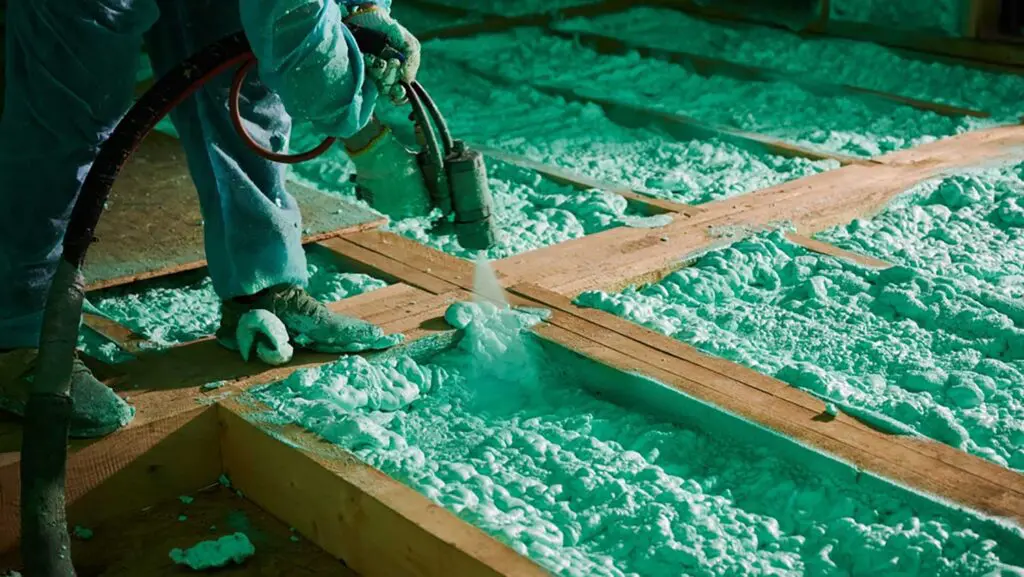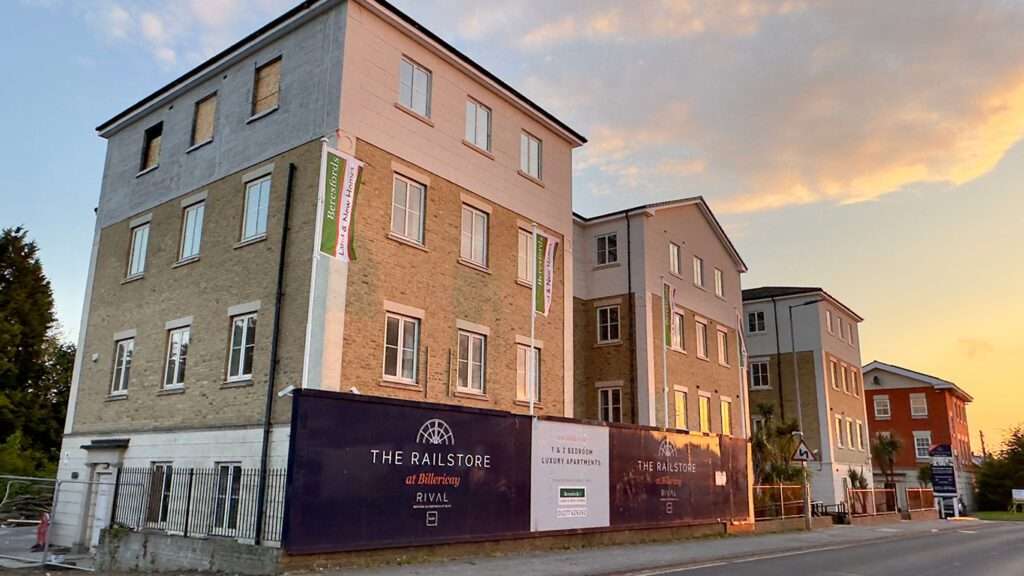Homeowners across the UK are facing challenges selling or remortgaging their properties due to the presence of spray foam insulation in their roofs, according to a recent investigation by the BBC.
Research indicates that a quarter of the UK’s largest mortgage providers now refuse to lend against homes fitted with this type of insulation.
An estimated 250,000 UK homes have spray foam insulation, much of it installed under the government’s former Green Homes Grant scheme, which aimed to improve energy efficiency. However, concerns have arisen among lenders about potential issues such as trapped moisture leading to decay in roof timbers, particularly when the insulation is poorly installed.
Wendy Rowe, who struggled to sell her late father’s home in Leicester, said: “We were blissfully unaware of any issues until we put the house on the market.” The family eventually paid nearly £10,000 to replace the entire roof, splitting the cost with the buyers after facing stalled sales and difficult conversations with lenders.
Similarly, homeowner Gary Wright discovered spray foam insulation in his loft when attempting to remortgage. Despite removing most of the foam himself, he faced hurdles with surveyors and had to renew with his current lender at a less favourable rate. “We feel like we’ve been left in limbo,” he said.
The reluctance from mortgage firms stems from difficulties in assessing the condition of roof timbers concealed by the foam and fears over structural integrity if the insulation is improperly installed. When contacted, five major lenders—including TSB Bank, Skipton Building Society, and Aviva—stated they do not lend on properties with spray foam insulation in the roof space. Others may consider such properties on a case-by-case basis but often require extensive documentation or specialist reports.
The Insulation Manufacturers Association (IMA) argues that spray foam insulation can be beneficial if correctly installed. Simon Storer, chief executive of the IMA, expressed concern over lenders’ hesitancy: “This phrase ‘spray foam’ has created fear based on a lack of knowledge. Insulating is a very good thing, but as with any building work, it needs to be done correctly.”
Storer also warned about unregulated companies exploiting homeowners by offering overpriced removal services during unsolicited calls. The Homeowners Alliance advises against installing spray foam insulation until issues with lenders and potential rogue traders are resolved.
As the situation stands, many homeowners are unaware of the complications until they attempt to sell or refinance their properties, leaving them facing unexpected costs and delays. The Property Care Association has published an inspection protocol to help surveyors and lenders assess risks associated with spray foam insulation, but widespread lender acceptance remains elusive.





